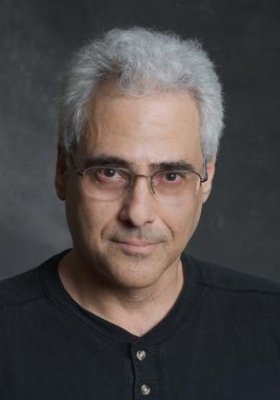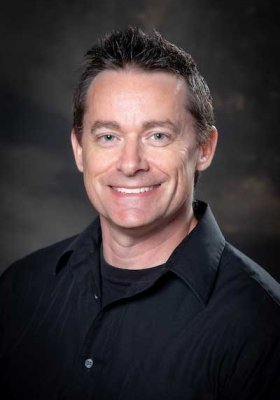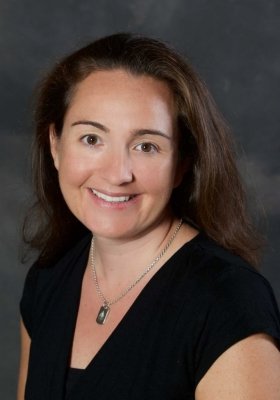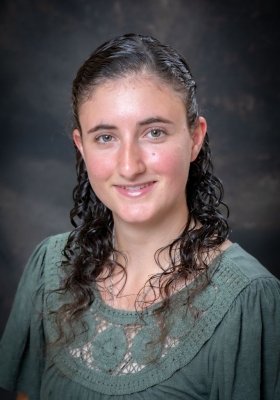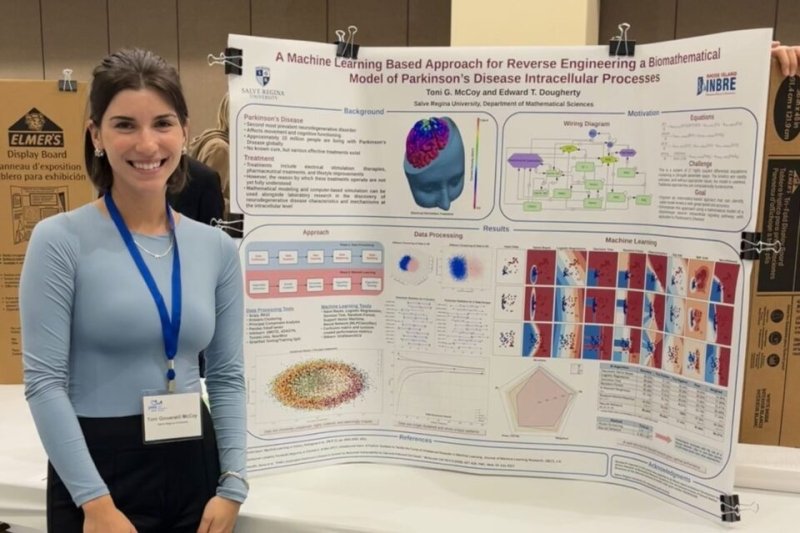Mathematics Major
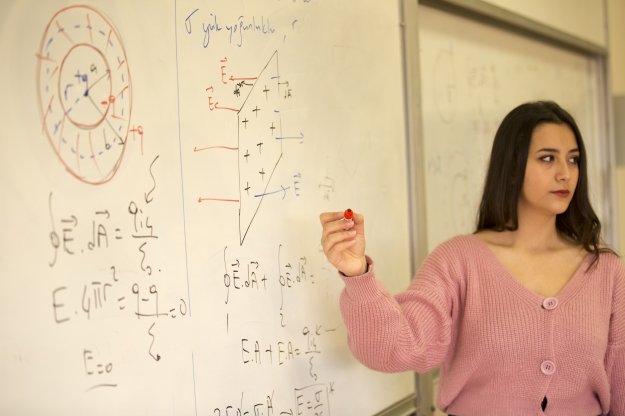
Salve Regina University's bachelor’s degree in mathematics provides a solid foundation in the principles of the field and allows students to combine their coursework with an in-depth study of another discipline, resulting in strong credentials for graduate study, including law school and medical school.
Salve’s math program is rich with knowledgeable and talented professors who are willing to work with any student who shows interest in mathematics. The faculty helped myself and my peers throughout my time at Salve and is, without a doubt, the strength of the department.
David Miller ’10, assistant director of baseball and analytics, Boston Red Sox
Our curriculum acquaints students with a broad range of concepts and tools in modern mathematics. Coursework fosters an understanding and appreciation of the discipline, strengthens students’ powers of abstract reasoning and develops their ability to examine and discover structures and patterns. Students may also choose to double major in mathematics and secondary education, which prepares them to apply for Rhode Island teacher certification for grades 7-12.
Dual-Degree Programs
Earn a B.A. in mathematics from Salve and a B.S. in engineering from Washington University in St. Louis or a B.A. in mathematics with a minor in data analytics from Salve and an M.S. in data science from the University of Massachusetts Dartmouth through our dual degree offerings.

Math Club
Open to any student with an interest in mathematics, the Math Club meets monthly for fun and interesting activities. Club members view films, host student and practitioner speakers and participate in conference competitions. Students also created a Math Night for Learning Unlimited, a program for adults with developmental disabilities, and volunteered their time at a regional math conference.
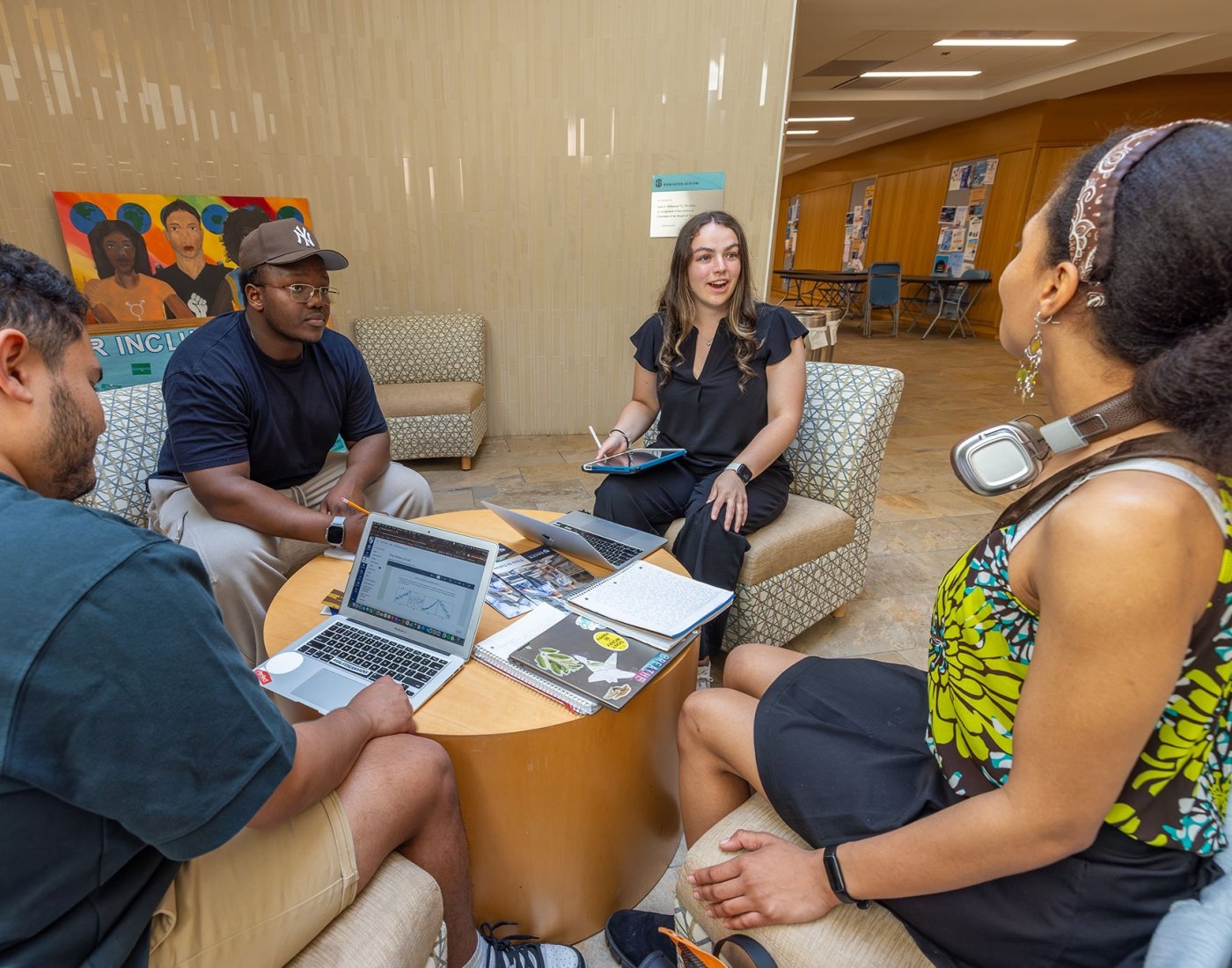
Pi Mu Epsilon
The national mathematics honorary society, Pi Mu Epsilon, promotes scholarly activity in mathematics among students and faculty. Founded in 1914, Pi Mu Epsilon currently has more than 350 chapters at colleges and universities throughout the United States.
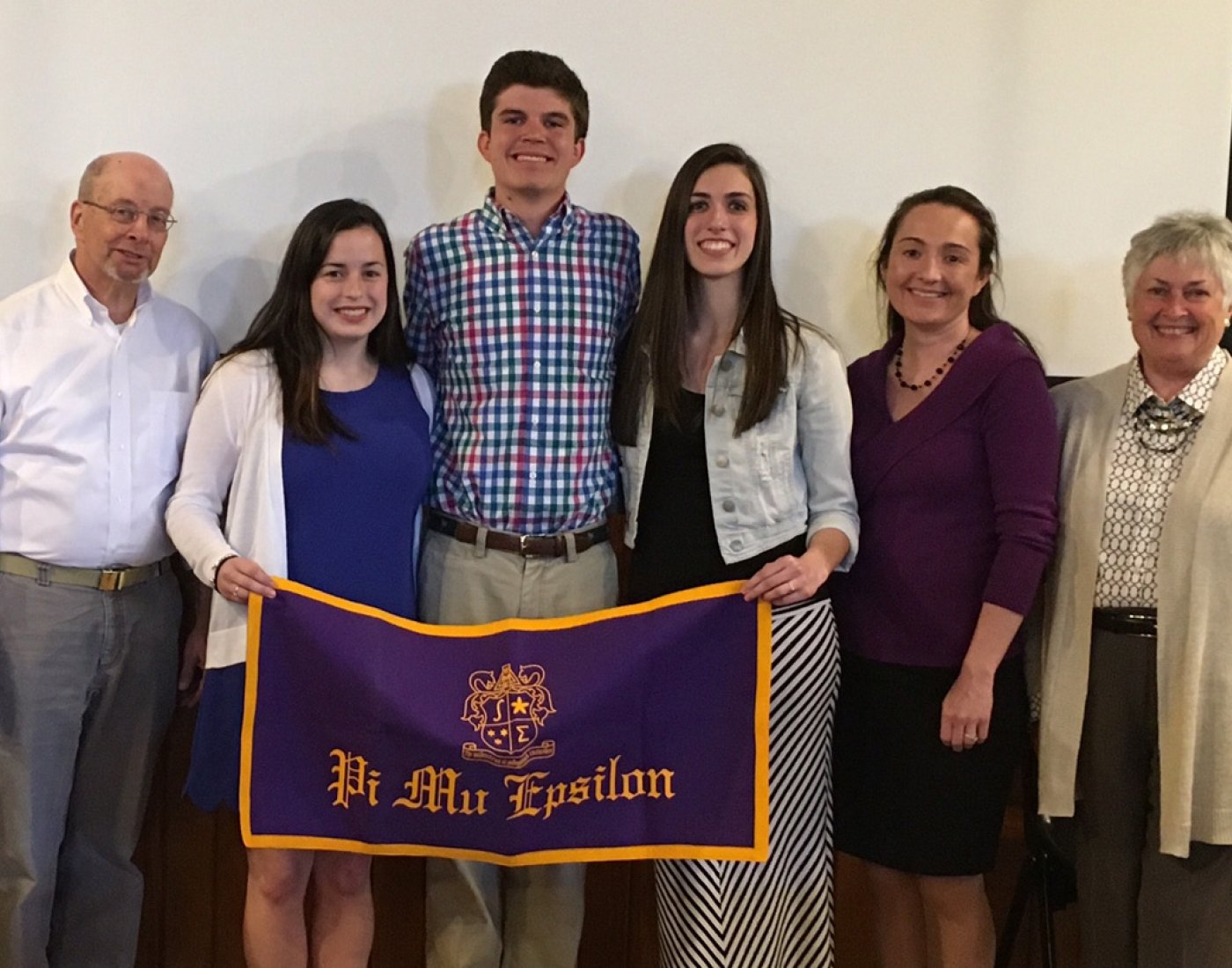
Career Paths in Mathematics
Our graduates possess the creative and critical thinking skills needed for success in a wide variety of professions. Some enter graduate programs, while others pursue careers in such fields as business, sports, finance and teaching.
A look at where our alumni are now:
- Assistant director of academic and membership affairs, NCAA
- Assistant director of baseball analytics/major league strategic information, Boston Red Sox
- Assistant principal, Wethersfield High School
- Chemist, U.S. Environmental Protection Agency
- Consultant performance analyst, The Hartford
- Director of curriculum and professional learning, New England Innovation Academy
- Director of customer experience, Riverside Insights
- Grade team lead, Harlem Village Academies
- Student affairs and GSA manager, Duke Ellington School of the Arts
- Vice president of global regulatory controllers - governance and initiatives, Citi
Research Opportunities
Toni McCoy ’25 presented her research on using mathematical modeling to enhance the understanding of Parkinson’s disease at the 2025 Joint Mathematics Meetings - the largest gathering of mathematicians in the world. Led by Dr. Edward Dougherty, whose research is funded by a grant through the RI-INBRE SURF program, McCoy explored mathematical equations and machine learning to model biological processes of brain cells, potentially accelerating the development of new treatments.
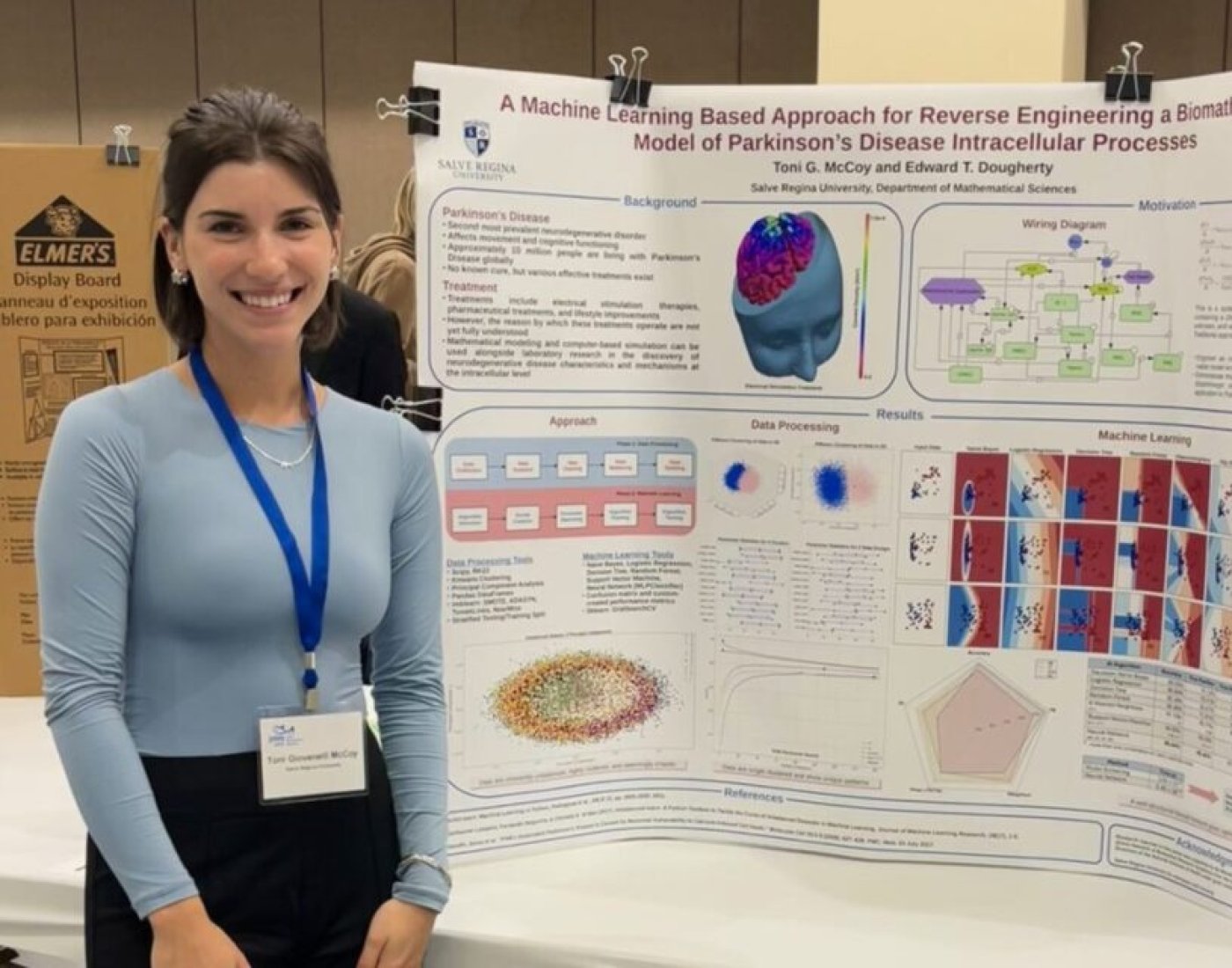
Degree Options
Bachelor of Arts in mathematics
Bachelor of Arts and Science in mathematics and secondary education
To earn the B.A.S. in mathematics and secondary education, students complete the courses required for a B.A. in mathematics and must also meet the requirements for secondary education. Coursework is designed to meet the standards published by the Mathematical Association of America.
Minor in mathematics
Meet Our Mathematics Faculty
In the classroom, our faculty - all of whom hold advanced degrees in mathematics or applied mathematics - help students hone their reasoning and problem-solving skills with a challenging curriculum that explores the fundamentals of data analytics, mathematics, statistics and computational science.

